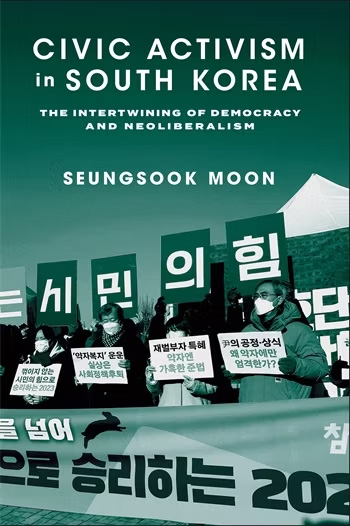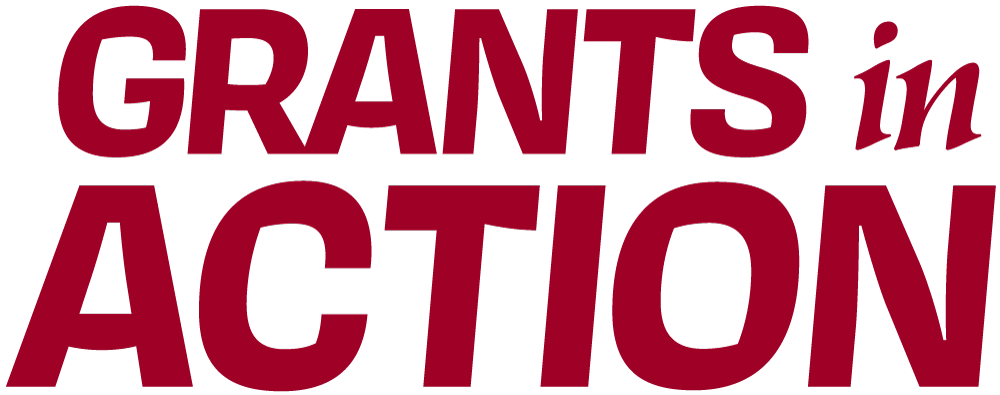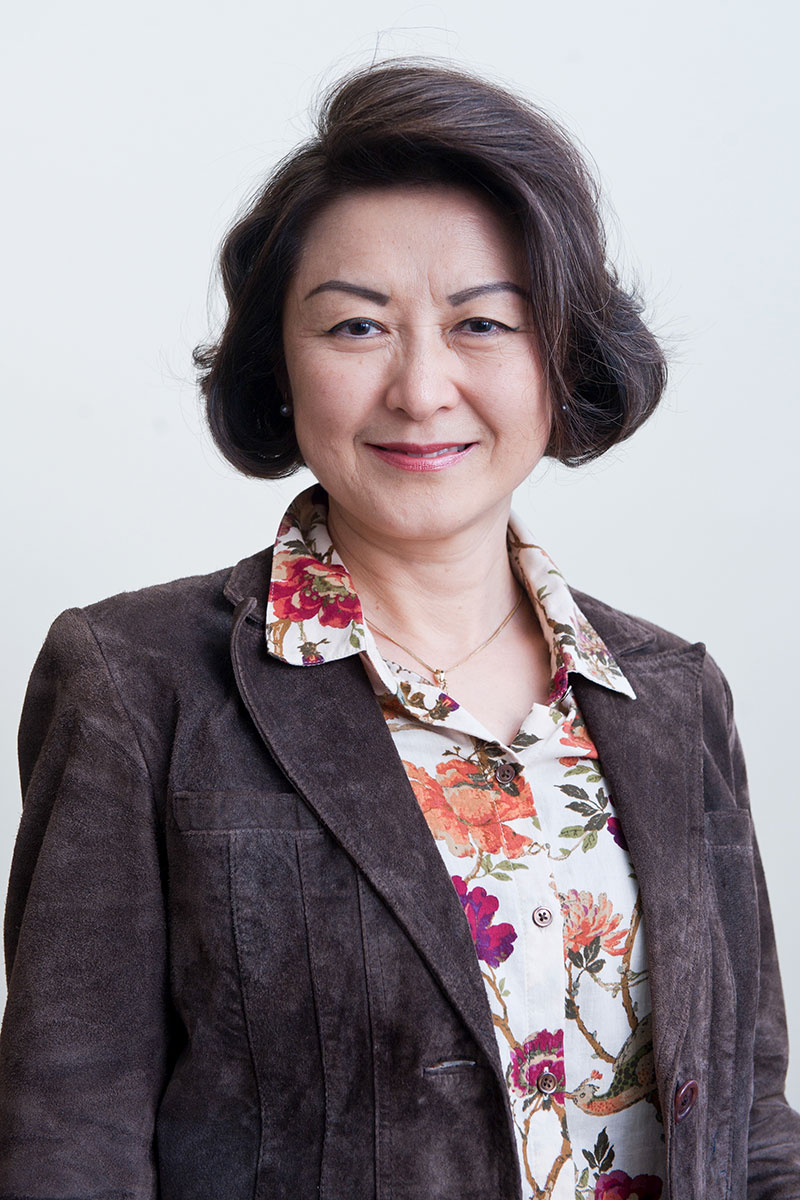Seungsook Moon is Author of Civic Activism in South Korea: The Intertwining of Democracy and Neoliberalism

Seungsook Moon, Professor of Sociology, is author of Civic Activism in South Korea: The Intertwining of Democracy and Neoliberalism, a new book published for 2024 by Columbia University Press. In recent decades, neoliberalism has transformed South Korean society, going far beyond simply restructuring the economy. In response, a number of civic organizations that emerged from the democratization movement of the 1980s with a conscious emphasis on social change have sought to address socioeconomic and political problems caused or aggravated by the neoliberal transformation. Examining how “citizens’ organizations” in South Korea negotiate with the market and neoliberal governance, Seungsook Moon offers new ways to understand the intricate relationship between democracy and neoliberalism as modes of ruling. She provides in-depth qualitative studies of three different types of organizations: a large national advocacy organization run by professional staff activists, two medium-size local branches of a national feminist organization run by mostly volunteer activists, and a small local organization run by volunteer activists with a focus on foreign migrants. Bringing together these rich empirical cases with deft theoretical analysis, Moon argues that neoliberalism and democracy are entwined in complex ways. Although neoliberalism undermines democratic practices of social equality by shrinking or destroying public resources, institutions, and space, it also can facilitate participatory practices that arise to fill needs left by privatization and deregulation—as long as such practices do not seriously challenge the workings of capitalism. Showing how neoliberalism simultaneously enables and constrains civic activism, this book illuminates the contradictions of social engagement today, with global implications.
Research and publication of the book was generously supported by “The Laboratory Programme for Korean Studies” (AKS-2018-LAB-2250001), a five-year research grant from the Ministry of Education of South Korea and the Korean Studies Promotion Services of the Academy of Korean Studies. Additional support for this book came from a matching grant from the Office of the Dean of the Faculty; several Committee on Research awards; and the Leslie A. Koempel Fund in the Sociology Department.

